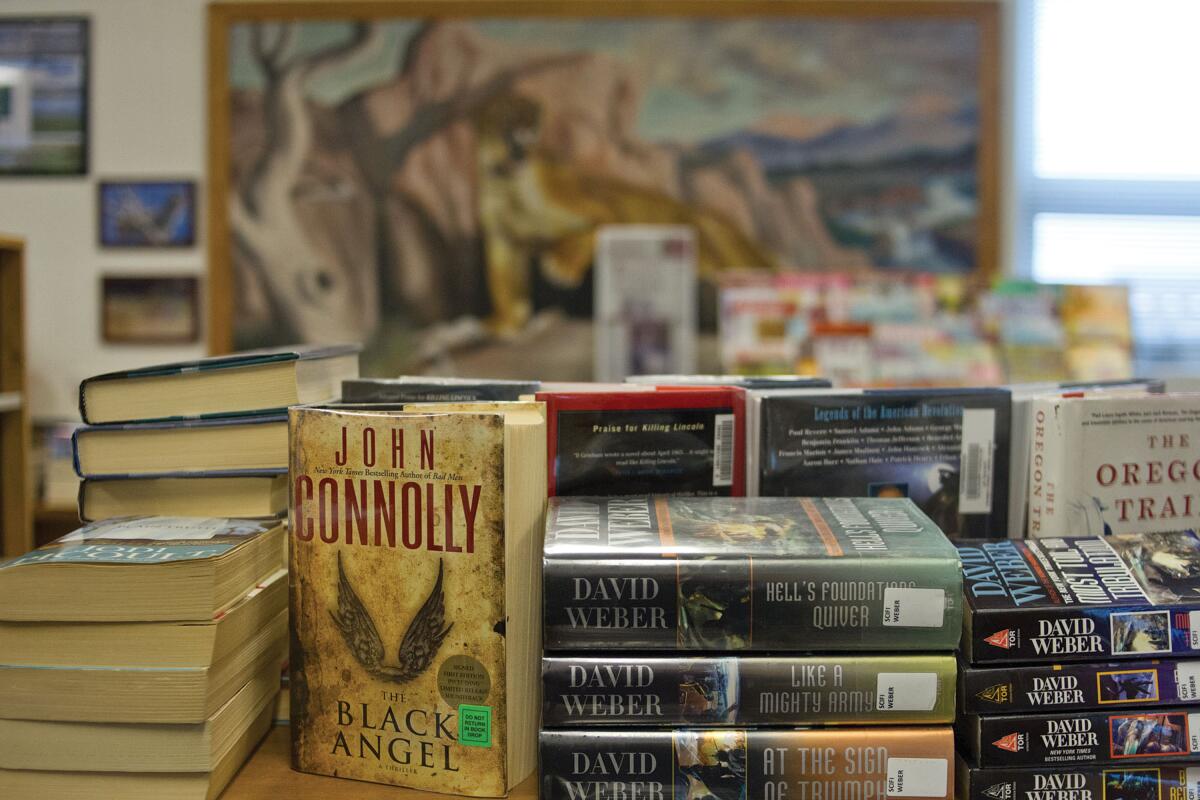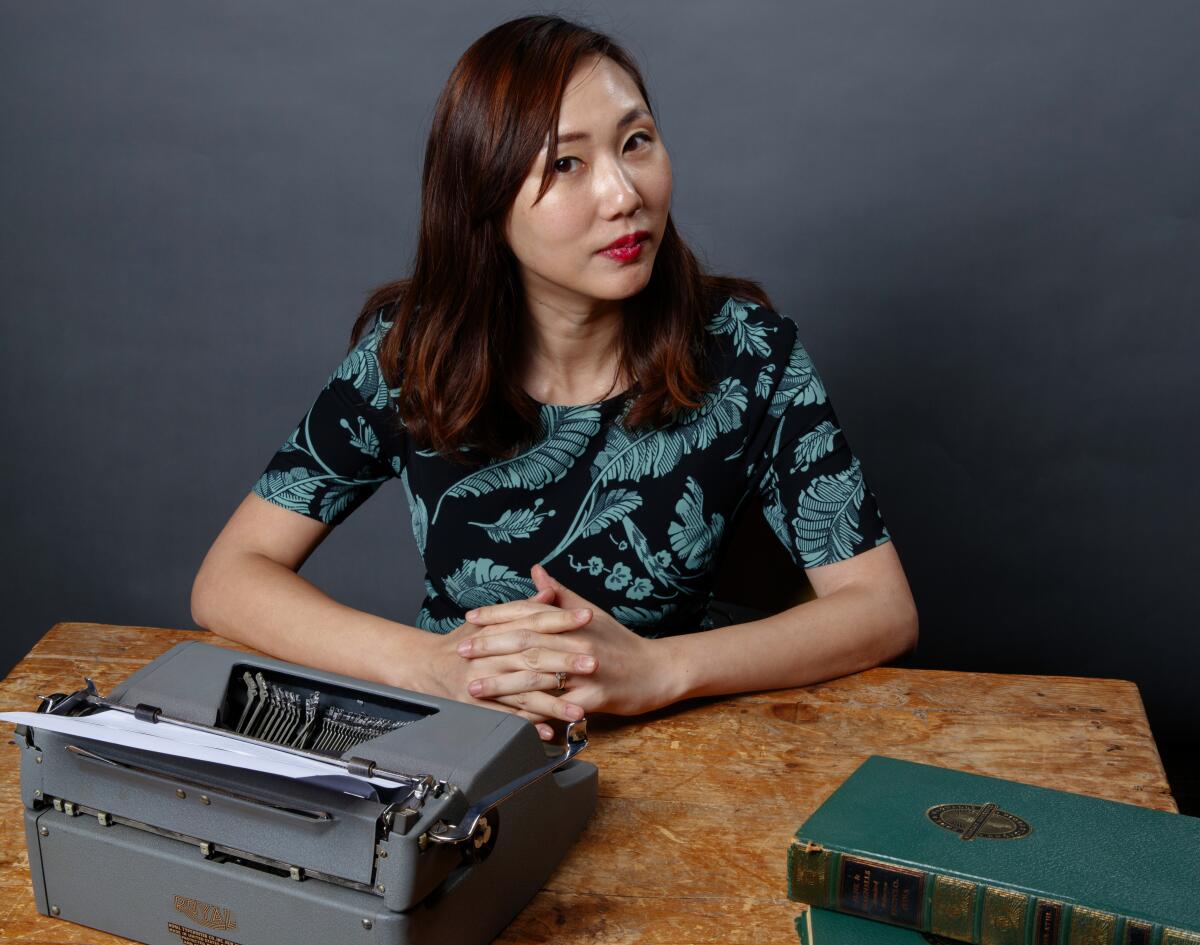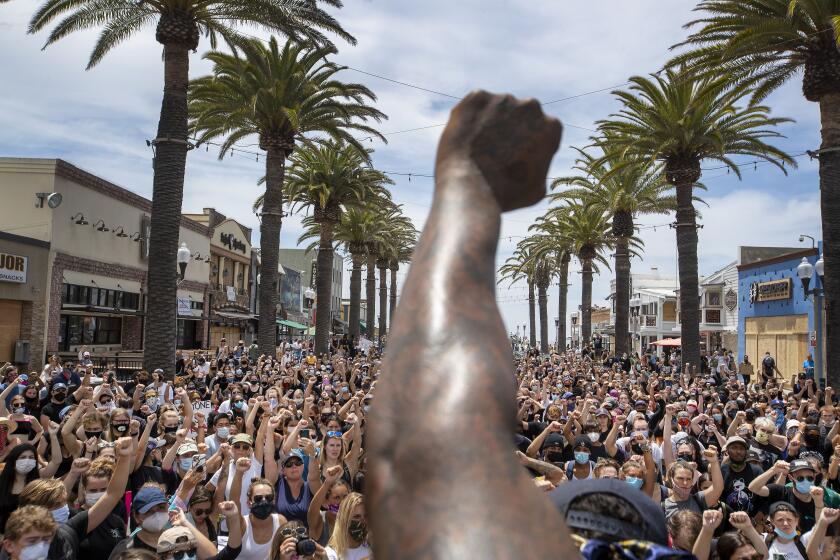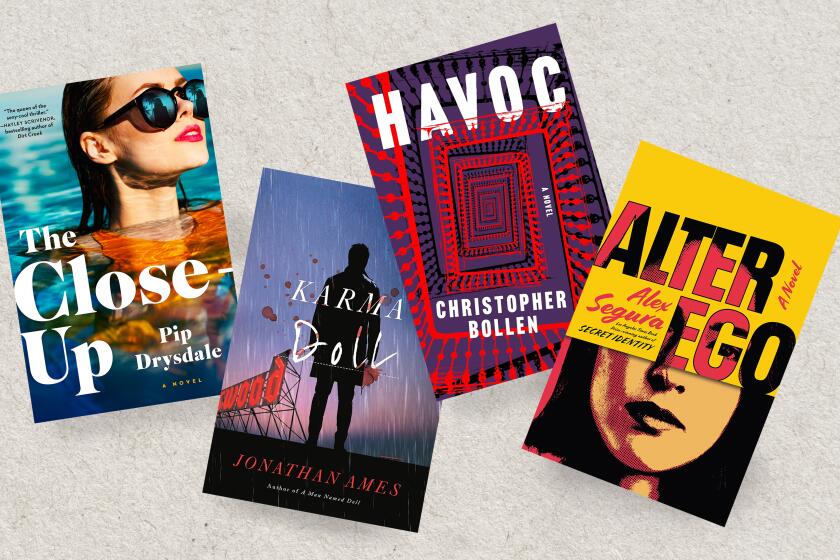#PublishingPaidMe puts book publishing’s diversity in the spotlight

In theory, the advance paid on the signing of a book deal is just the beginning of a relationship between writer and publisher — a guaranteed sum in expectation of shared royalties down the line. And yet it can be both an author’s lifeblood and a vote of confidence. It’s also, according to a spreadsheet shared under the hashtag #PublishingPaidMe, often shockingly low, especially for writers of color starting out. Among more than 2,500 writers who shared their information by Thursday, the median advance was $18,750.
The embarrassment of low advances is one reason they have usually been closely guarded — until now, with a push for transparency to expose disparities in the wake of worldwide protests over institutional racism.
Writers who shared their advances gave their reasoning on Twitter. LL McKinney, an author who created the #PublishingPaidMe hashtag last week, wrote about the “not-so-secret secret of publishing” in a thread.
“It was short and to the point,” McKinney said of the hashtag by phone. “I like alliteration, so it was just one of those things that clicked together. It was for the people who would be using it, so it’s like the beginning of a sentence.”
McKinney wanted advances to be the focus of the hashtag partly because they’re easy to tweet and to understand — and perhaps convert into action.
“It was a culmination of frustration with publishing and people using the hashtag to amplify black voices,” she said. “It took Black people being killed and protesting for this to happen.”
McKinney’s goal, she says, it to raise up voices of color. “This isn’t about trying to take things away from people,” she said. “This is very much about, ‘OK, this is how you value those stories, we want you to value our stories. Our stories are universal too.’ This is making sure that everybody is treated equally and fairly.”
Novelist Lydia Kiesling felt that “One person’s discomfort over being paid a lot of money is insignificant compared with the pain of being underpaid or passed over due to systemic racism,” and so she put her anxiety aside to post her advance on Twitter.
Kiesling, author of “Golden State,” expanded over email on the seemingly arbitrary nature of publishing, particularly how “It seems that white writers are given chances to experiment, succeed and/or fail early in their careers far more often than other writers. It’s particularly offensive that Black writers and writers of color who have won the highest accolades in this profession are not even significantly compensated by publishers after the fact.”
Walter Mosley, Luis Rodriguez, the coiner of #BlackLivesMatter and others sketch a hopeful future for L.A. and the U.S. after George Floyd protests.
Steph Cha, author of “Your House Will Pay,” also shared her advances. By phone, she said she hoped the movement could change minds.

“Real change in reaction to a social media movement is something that you don’t always see,” Cha said. “and I would be surprised if the Big 5 [publishing conglomerates] responded to it in a meaningful way.”
Such change, she added, had to go beyond hashtags and short-term trends. These were the sentiments of author Reni Eddo-Lodge, among several authors (including Ibram X. Kendi and Ta-Nehisi Coates) climbing bestseller lists after the proliferation of antiracist reading lists.
“Well, the numbers are in,” Eddo-Lodge tweeted on Wednesday, the day her book “Why I’m No Longer Talking to White People About Race” hit No. 1 on the UK’s list. “I’m the first and only black woman to top Britain’s nonfiction book bestseller chart.” She was “dismayed” the achievement resulted from “tragic circumstances” and called the belated milestone “a horrible indictment of the publishing industry.”
The debate over advances, meanwhile, focuses less on the ultimate success of a book than the bets placed on a writer in the early going — a gap most vividly illustrated in N.K. Jemisin’s revelation that she received only $25,000 for each book in her “Broken Earth” trilogy — all three of which have won Hugo Awards for best novel.
While passing along Jemisin’s denial of a request to speak to The Times, her publisher, Orbit Books, reissued a statement from Publisher Tim Holman that read, in part, “I wholeheartedly support the right of Black writers to demand equality in the compensation for their work .... It has been a privilege to publish and promote such an extraordinary writer from the start of her novel-writing career.” He added that their contract negotiations “have been conducted in good faith and based on the circumstances at the time.” And he emphasized the “substantial royalty checks” she’s been receiving ever since her advance have been earned out.
Memoirs by Kiese Laymon and John Edgar Wideman; essays by Darryl Pinckney and Mikki Kendall; masterpieces from Michelle Alexander and Claudia Rankine.
Jess Walter, author of “Beautiful Ruins,” fully supports the movement, but in an email he worried that the hashtag “will just reinforce the publishing industry’s and writers’ focus on big splashy advances — especially for debuts.”
Walter didn’t receive a six-figure advance until “Beautiful Ruins,” his seventh book. His eighth book earned him a $10,000 advance, right before “Beautiful Ruins” hit the bestseller list. He finds the emphasis on advances to be somewhat problematic.
“It creates high, often unreasonable expectations and a sort of culture-of-buzz around an art form that isn’t (or shouldn’t be) about buzz but about quality, about patience and timelessness, about earning a readership,” he said. “Publishers pay out these big advances in the hopes of finding financial tent-poles like Hollywood, and the greatest thing about publishing … is that it isn’t Hollywood.”

Ultimately, Walter thinks the focus on advances is just the beginning:
“I hope that there will also be a commitment from publishers to develop young writers of color too, beyond the big headline-screaming six- and seven-figure deals. A look at the bestseller list certainly gives some hope of that.”
Kiese Laymon, the author of “Heavy,” joined in the movement after seeing Roxane Gay’s tweets.
“I just think this is a time when we probably need to be talking honestly about economic disparities in addition to prison reform and prison abolition,” he said by phone. He also wanted to stress that this movement should help writers of color — and specifically Black writers — less established than he is.
“As much as we can talk honestly about money, which is hard in this country, we just have to be courageous, so that people coming behind us don’t have the same struggle,” he said. “A lot of us didn’t know our deals were so bad, we were embarrassed to talk about [them]. This thing is to let people know, we don’t have to be embarrassed when there are disparities between different groups.”
He called for concrete changes, including real data collection: “They need to run audits, they need to look at the kind of budgets that different kinds of books get. But ultimately to change publishing, the people that have the power have to change.”
Discussions about diversifying publishing were brewing long before the protests and flared up particularly around the debate over Jeanine Cummins’ “American Dirt,” a novel featuring a Mexican woman and her family fleeing to the U.S., that many Latinos criticized as being inauthentic and filled with stereotypes. That novel earned Cummins, a white woman, a reported seven-figure advance.
In February, a group that formed in response, Dignidad Literaria, forced a meeting with Cummins’ publisher, Macmillan, after which the company committed to a series of steps aimed at increasing diversity within its ranks.
The Big 5 publishers have responded to the latest hashtag campaign to varying degrees. Some have pinned statements acknowledging the Black Lives Matter movement on Twitter. Others have advertised the diversification of stories they chose to take on.
Penguin Random House tweeted a comprehensive thread outlining its plan of action.
Simon and Schuster’s Twitter account pinned a statement of solidarity in the wake of George Floyd’s death.
HarperCollins’ account also pinned a brief statement.
The first step in a plan toward reducing disparities in advances and beyond might be, as Laymon suggested, to compile some robust data. “I don’t think it shows the whole picture,” McKinney says of the #PublishingPaidMe spreadsheet. “I think if you were watching the hashtag from the start you might have a better idea.” In fact, the document relies on data with its own diversity problem. As of Thursday, 70% of the survey takers were white; only 4% were Black.










